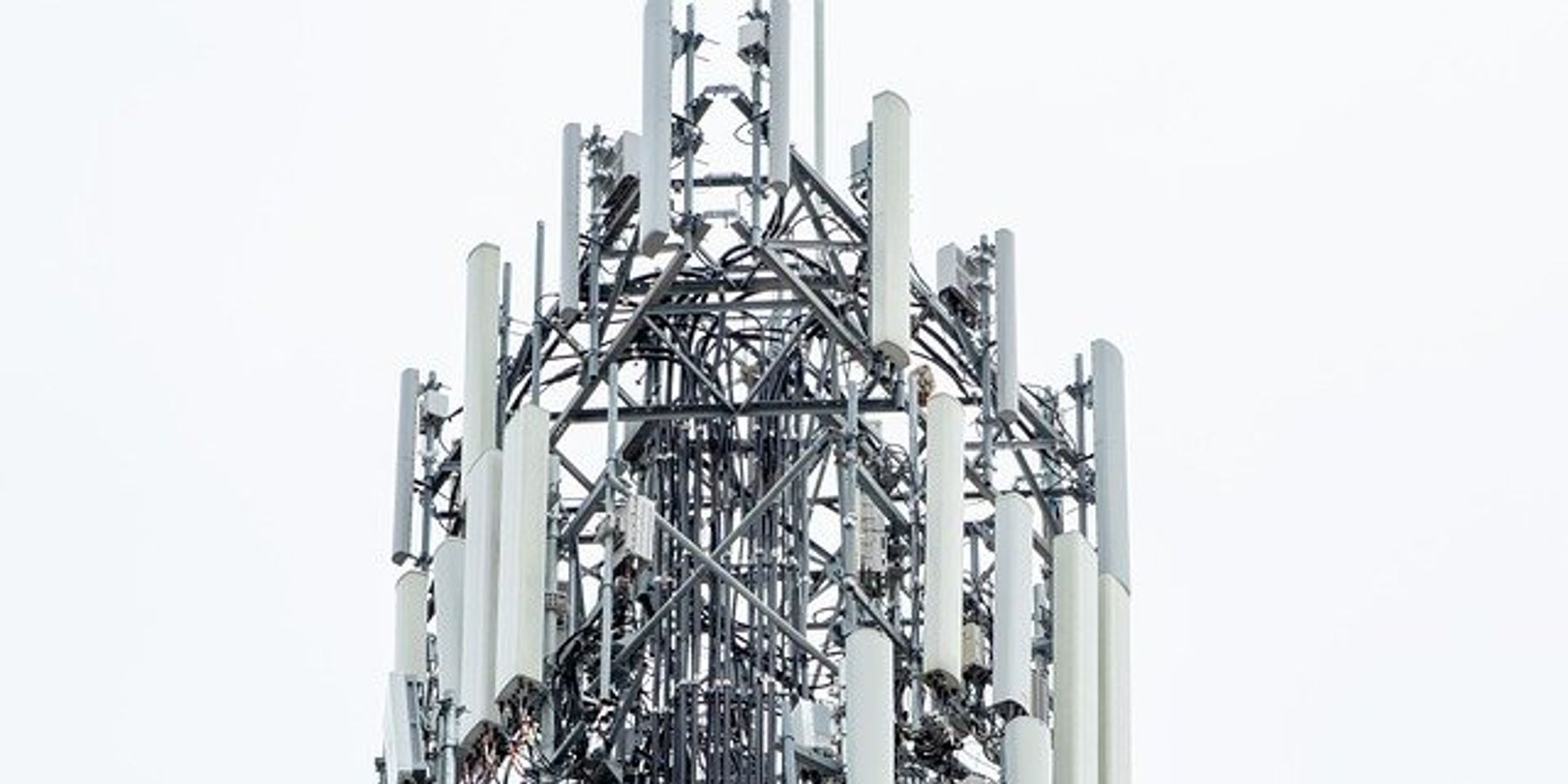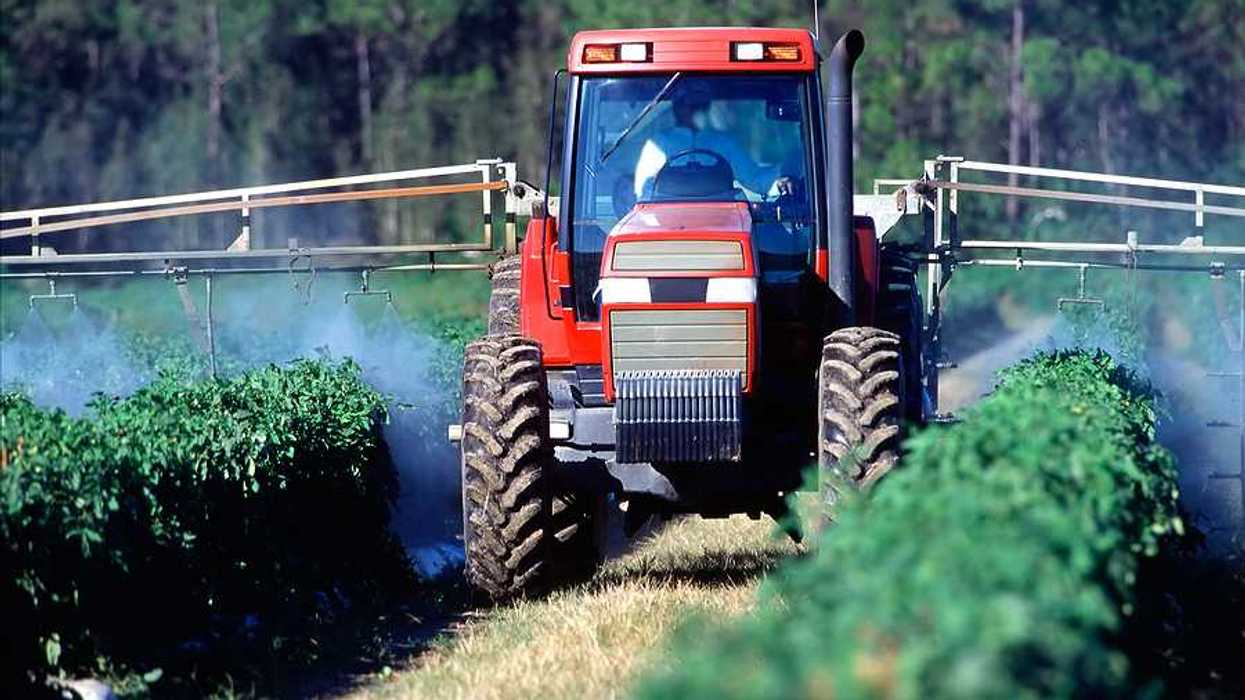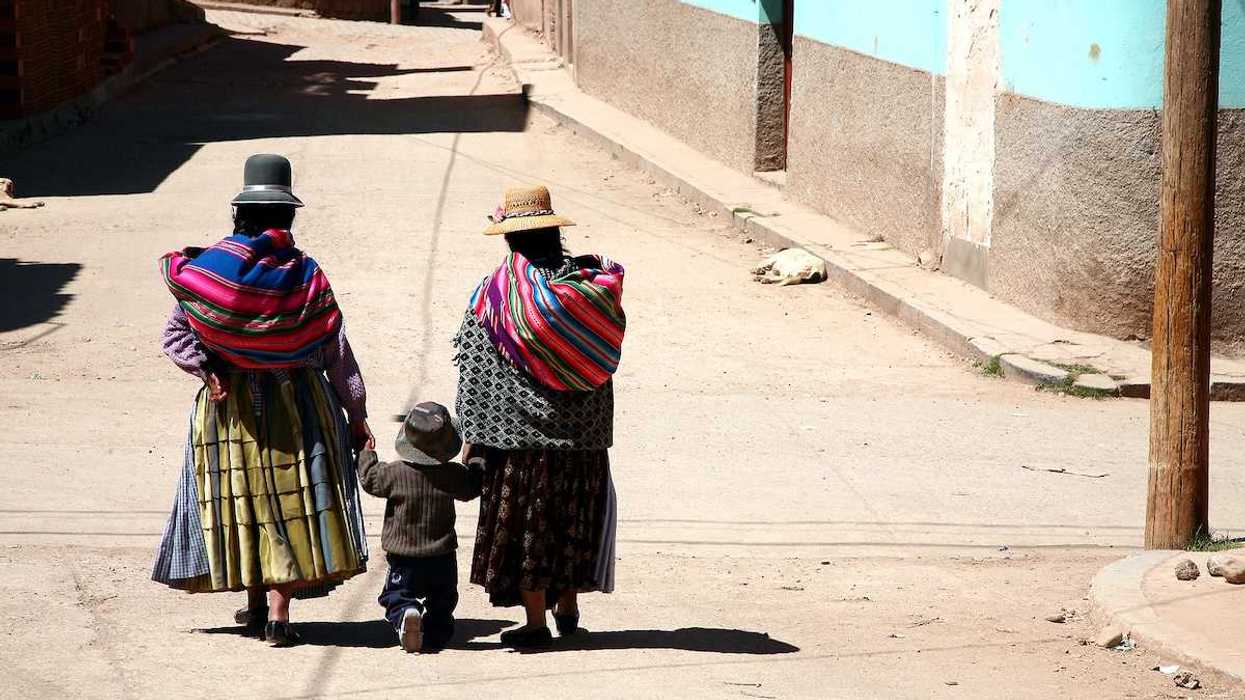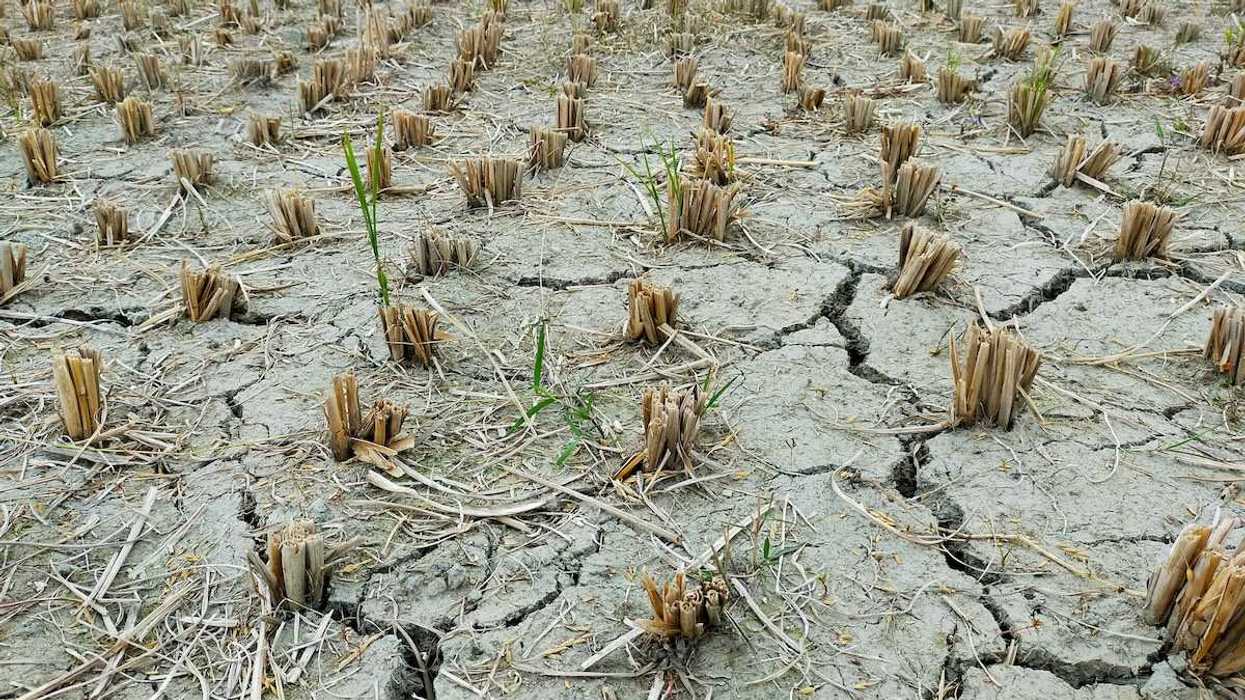Future 6G wireless technology has shown to impact male fertility in rats. The low-level terahertz radiation caused inflammatory and genetic changes in mouse testicles, according to Chinese researchers.
Stephen Chen reports for South China Morning Post.
In short:
- Chinese military researchers found that terahertz waves, key to 6G technology, caused temporary inflammation and genetic changes in mouse testes after brief exposure.
- The radiation's effects appeared to be reversible, with mice recovering within 24 hours, though long-term impacts are still unknown.
- Terahertz waves have higher frequencies than 5G and its effects were found at exposure levels that are allowed by the US and other countries, raising questions about the adequacy of current safety standards.
- Animal results should be treated with caution, researchers warn.
Key quote:
“Mice can be more sensitive [to 6G exposure] than humans. In real life, the base station usually emits significantly weaker radiation than the legal limit.”
— Anonymous Beijing-based radiation researcher.
Why this matters:
With 91% of US homes connected to WiFi and an average of 17 wireless devices per household, experts encourage continued research and recommend exercising caution. With 6G poised to transform global communication, safety standards must account for potential health impacts.
















